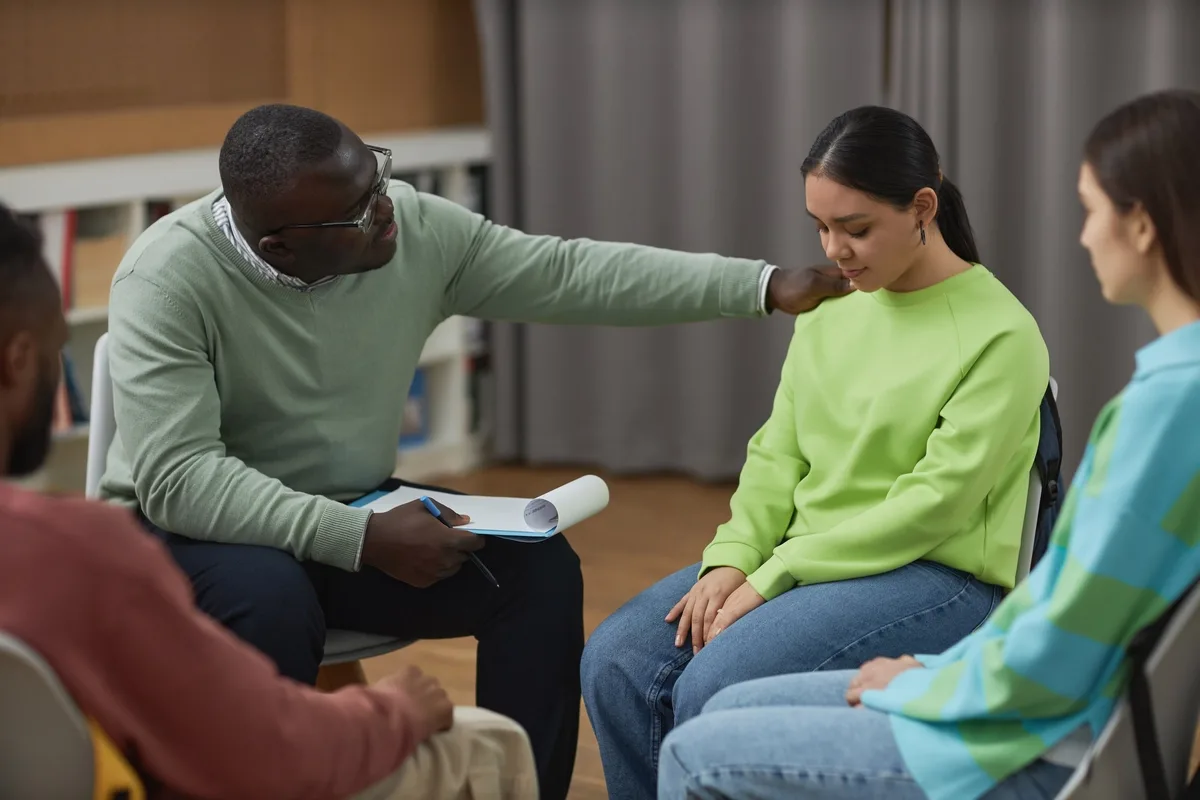encompasses specialized rehab centers dedicated to addressing the complex challenges faced by individuals suffering from post-traumatic stress disorder. These centers provide a haven for healing and recovery, focusing on trauma-informed care tailored to the unique needs of each patient. The types of addictions treated here include substance abuse, emotional struggles, and mental health disorders intertwined with PTSD. Treatment approaches vary, incorporating evidence-based therapies, holistic methodologies, and group support designed to empower patients on their journey towards recovery. The importance of rehab centers cannot be overstated; they play a pivotal role in providing the necessary structure and support, allowing individuals to regain control of their lives in a safe and understanding environment.
Historically, rehab centers for PTSD treatment in Alsey have evolved significantly, reflecting broader trends in mental health and addiction treatment across the United States. Their inception can be traced back to a growing recognition of PTSD as a critical mental health issue that affects not only combat veterans but also survivors of various traumas, including accidents, assaults, and natural disasters. The impact of these facilities has been profound, fostering community awareness and driving access to essential services for those grappling with the effects of trauma and addiction. As part of the ongoing mission to enhance mental health awareness and treatment, these rehab centers are vital assets in the continuous battle against the stigma surrounding PTSD and addiction.
Learn more about PTSD Treatment centers in Alsey


























































